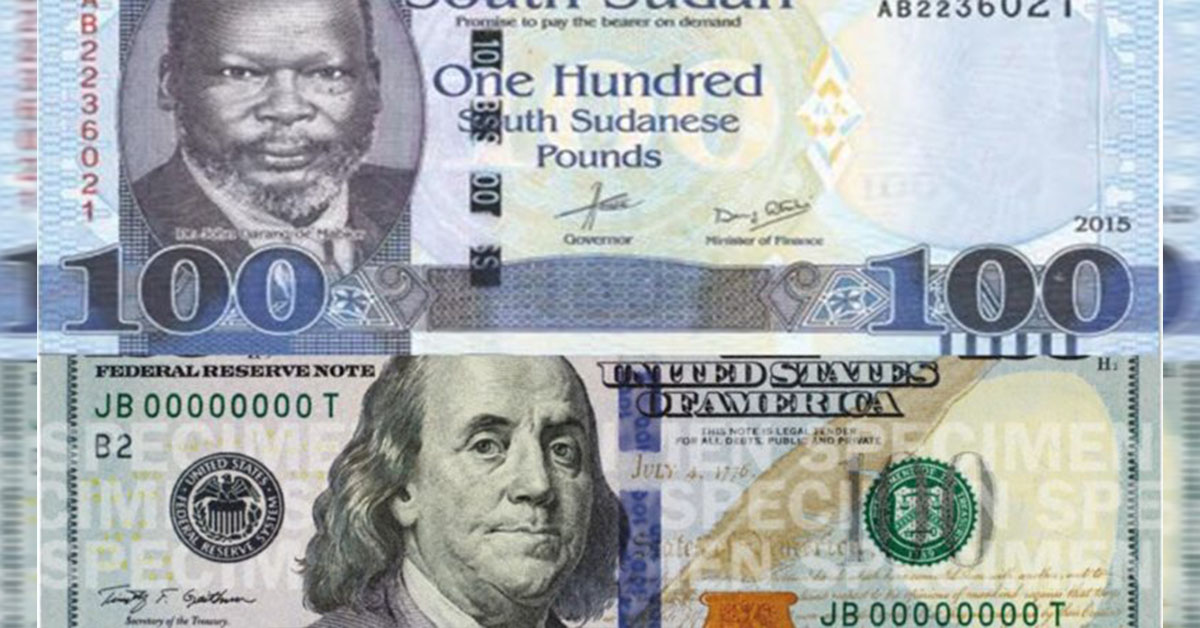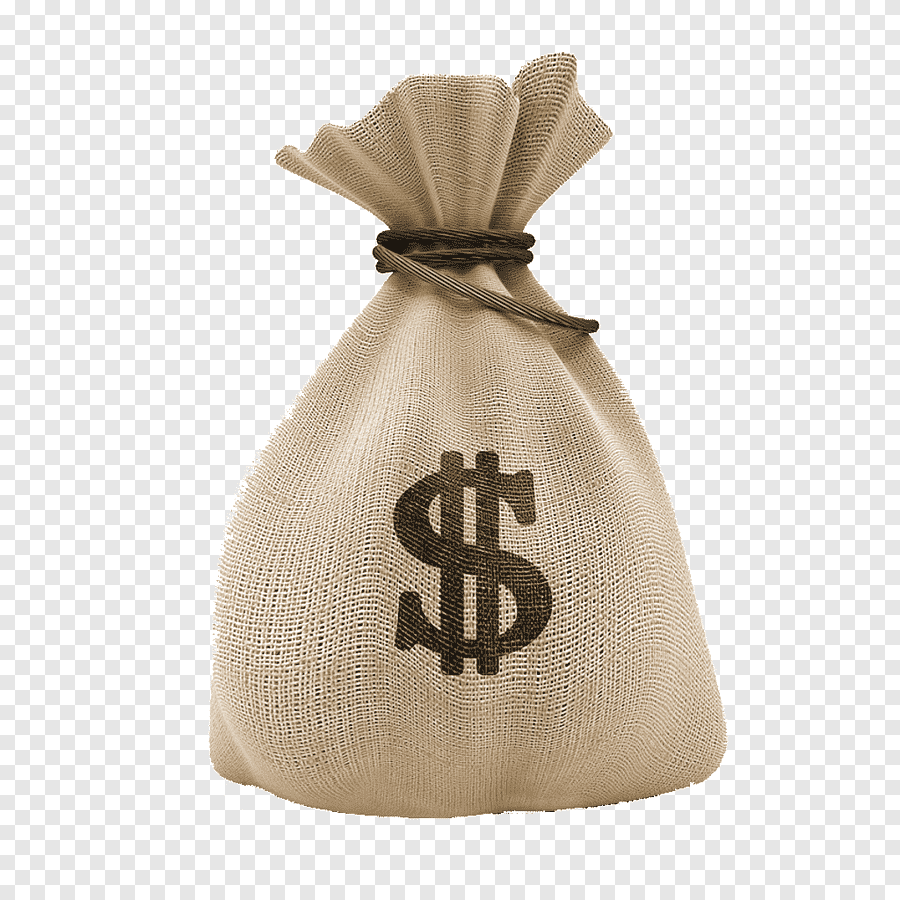
South Sudanese wary over price-hike as dollar fluctuates on local currency

By Tapeng Michael Ohure
The South Sudanese Pounds has never had a stable footing on the US dollars, rising and dropping leaving prices unpredictable on the market in the country.
Gaining from 600 SSP for a dollar in January to 400 SSP for a dollar in September, prices were expected to drop reciprocally but instead have been steadily going up.
“What is important in the country is making the currency stable,” Animu Robert, a resident of the capital Juba told Juba Echo in an interview.
“Because if the currency is so strong and stable, everything is likely to be okay including prices of food and other goods will be down,” he said.
Robert urged the government to help in providing security to the market in the country so that the economy remains stable.
That insecurity escalated in December 2013 when conflict erupted in the country leaving 400,000 people dead and displacing four million others.
It slashed crude production and led to economic chaos in the import reliant country.
Trade routes leading out of the country including the main thoroughfare, the 195-kilometre Juba-Nimule highway leading to the Ugandan border has often come under attack from assailants and gravely affected the economy.
The route was only opened this week after a fortnight of closure due to ambushes which left two truck drivers importing commodities to the capital dead.
The ambushes in August also left six other travellers dead.
According to Ladu Lukak Legge, the Chairman of the Chamber of Commerce in South Sudan linked the fluctuation in dollars to the insecurity on the highway which leads to on and off closures.
“If the dollar has now risen, then it might be due to high prices in the market after truck drivers from neighbouring Uganda made a strike stopping supply of goods to South Sudan,” Legge told Juba Echo.
For Richard Malish, stabilising the economy will only be achieved if security is improved in the country, allowing for people to easily go about their businesses.
Malish said that would subsequently stabilise the hard currency price in the landlock country.
“What I appeal to the government is to look into the issue of the dollar rate in the country,” he said.




































